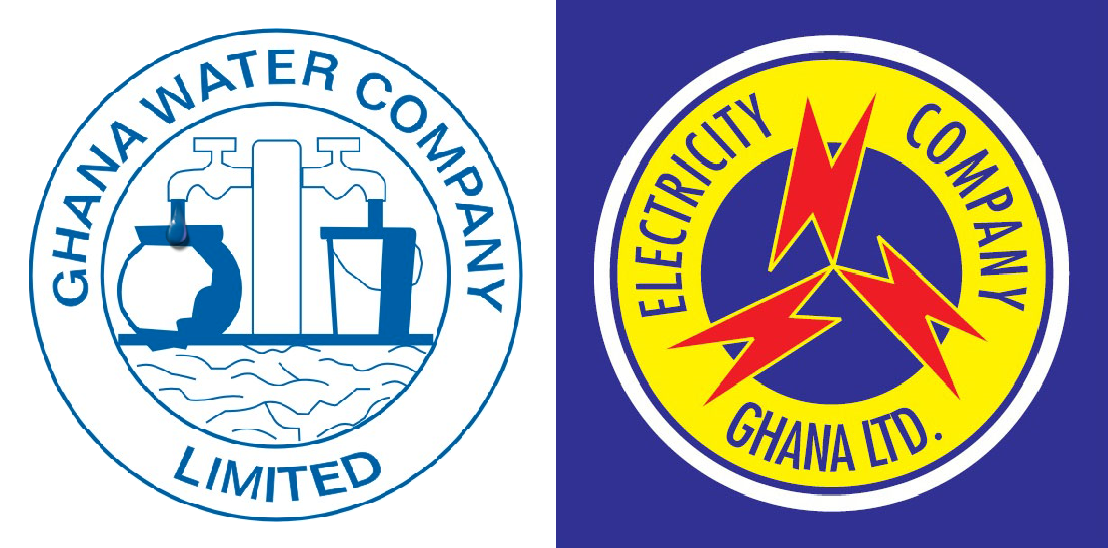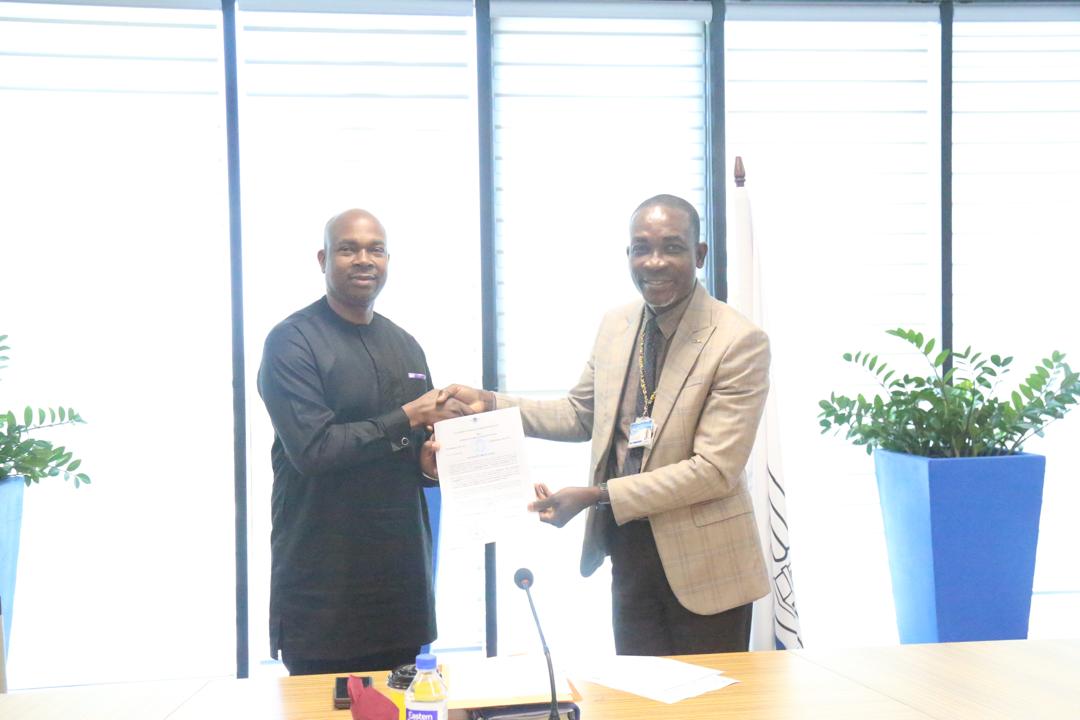Ghana’s major utilities are seeking more than a 200% increase in tariffs, citing mounting operational costs linked to the country’s illegal mining crisis.
Ghana Water Limited (GWL) and the Electricity Company of Ghana (ECG) say environmental degradation from galamsey—a local term for unregulated small-scale mining—is driving up the cost of delivering essential services, from treating polluted water to restoring damaged power infrastructure.
At a public hearing in the Ashanti Region on the proposed 2025–2030 Multi-Year Tariff Order, ECG’s Director of Communications, William Boateng, described the toll illegal mining has taken on the national grid. “They’re digging dangerously close to our infrastructure—roads, trenches, power poles,” he said. “With every rainfall, poles are uprooted because their foundations have been undermined. This creates instability and leads to widespread outages.”
The damage, Boateng explained, often leads to cascading failures, with multiple poles collapsing simultaneously—an expensive and time-consuming problem to fix. “It’s not just about replacing hardware. We’re also losing energy that’s already been purchased but can’t be delivered,” he added.
GWL has also raised alarms over the cost of cleaning water increasingly contaminated by mining runoff. The utility says it’s spending more on chemicals, equipment, and energy to process water from sources that were once relatively clean. The financial strain, executives say, is becoming unsustainable.
Both utilities argue that without significant tariff adjustments, they risk service disruptions and long-term infrastructure decline. “If we’re to maintain reliable and affordable supply,” said one GWL official, “the environmental impact of galamsey must be addressed—and accounted for.”
Illegal mining has long plagued Ghana’s mineral-rich regions, particularly the forested belts where power lines and water sources are often located. Enforcement has proven difficult, and local communities, drawn by the lure of quick profits, have been slow to abandon the practice despite government crackdowns.
The proposed tariff hikes, which would mark one of the steepest in recent history, are expected to face public scrutiny amid widespread concerns about affordability and economic inequality. However, utility officials warn that without immediate action and broader environmental controls, the cost of inaction may be even greater.













